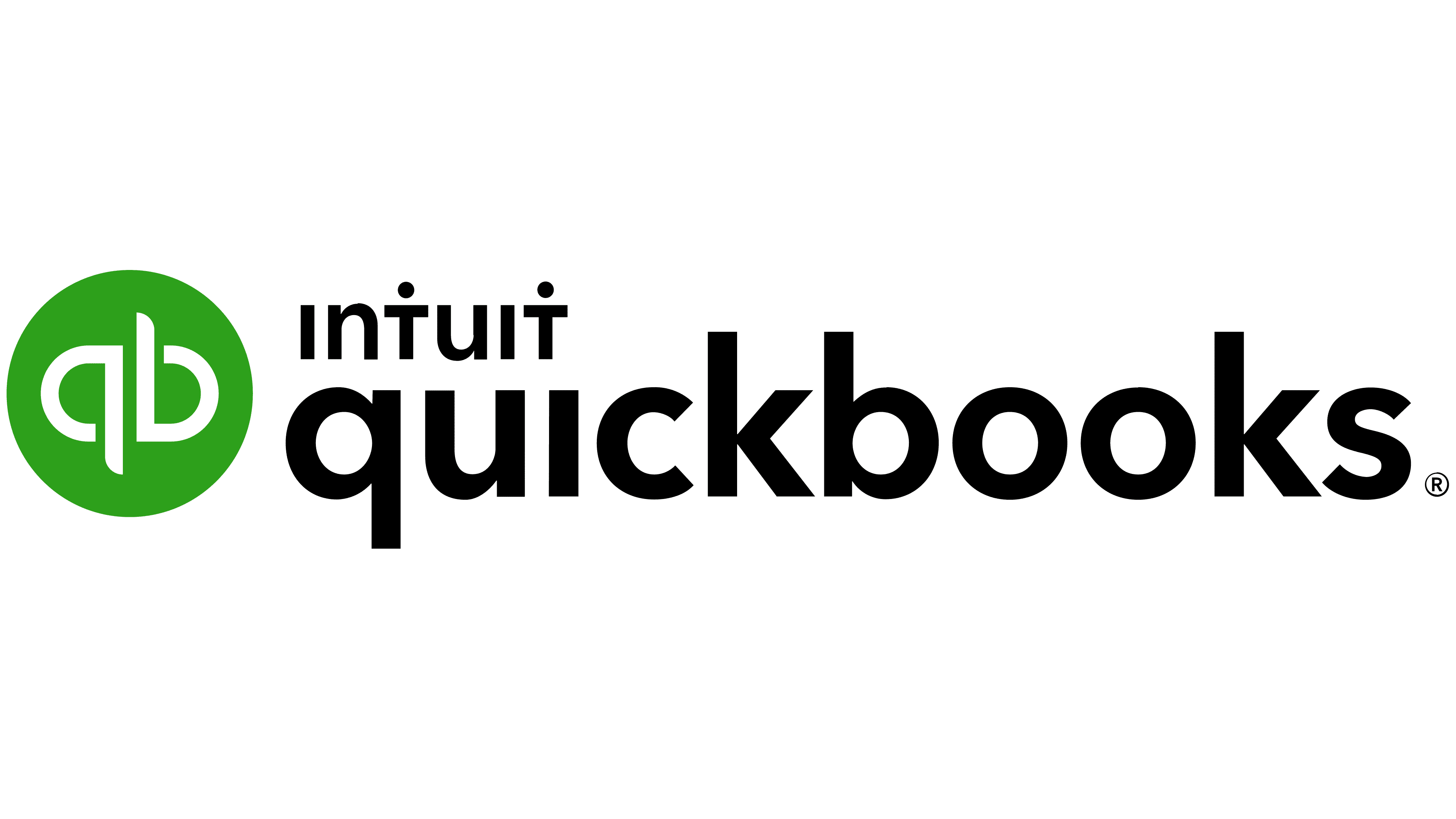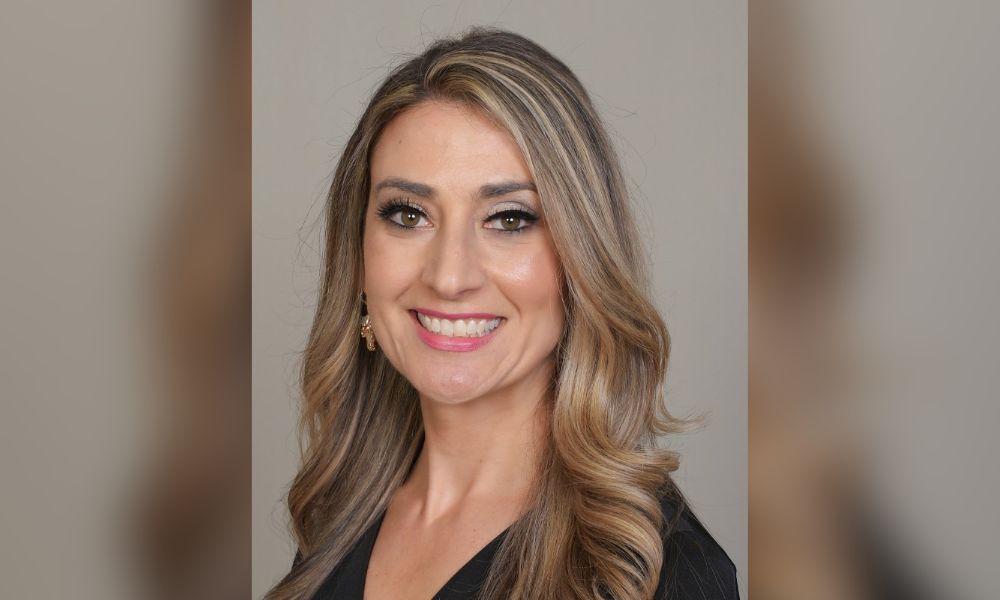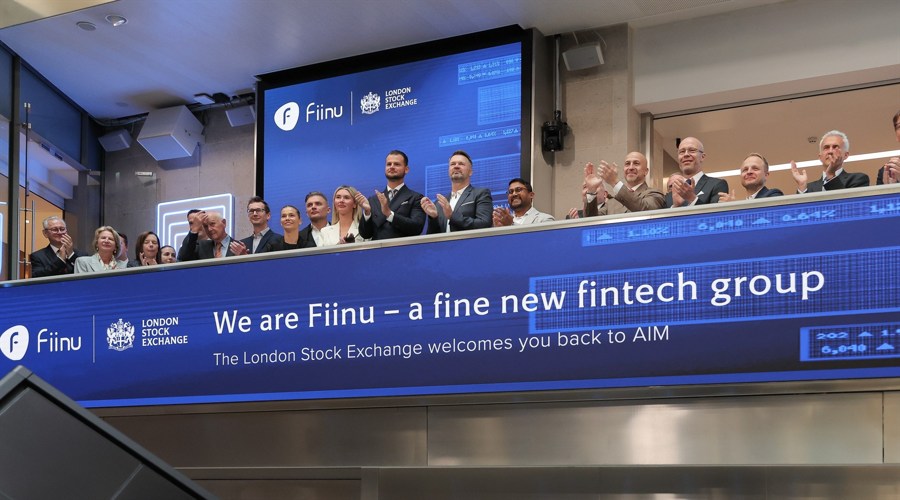When Atlassian first came onto the scene 20 years ago, it was a tech company that hardly anyone had heard of. The Australian start-up however, was well known in its sector for its software tools such as Confluence and Jira, which have come to constitute core business components used by the likes of National Australia Bank (NAB), Cisco, and some other 200,000 companies around the world.
Atlassian listed on the Nasdaq in December 2015 and the rest, as they say, is history.
“Atlassian really was the first big lighthouse that caused people to sit up and take notice of Australia. Since then, companies like Canva, SafetyCulture and Go1 have surfaced to establish billion-dollar plus businesses,” Rick Baker, partner at Blackbird Ventures told FinanceAsia in an interview from Sydney.
This helped place Australia on the global map of world-class technology companies, he explained.
But there is one quality that distinguishes Aussie founders from their peers, Baker noted. “Their ‘scrappiness’”. He describes this notion as an uncompromising ability to go “all-in” and to use everything at disposal to create a stellar product. This, Baker explained, contrasts Australia’s Silicon Valley peers, who are flushed with cash and spend big on sales and marketing to promote their products.
It is through this trait, combined with the unbridled support of investors and mentors, that Baker claims is enabling Australia’s start-up success to scale new heights.
“Canva is one of the fastest growing software companies in the world and has managed to maintain impressive growth momentum while being cashflow positive for the last five years,” he told FA.
“We expect this to continue. The firm is a great example of the scrappiness of Australian founders in action,” added Baker.
Melanie Perkins launched the online design platform when she was just 19 years old. Blackbird invested in its 2013 seed fundraise, and just seven years later in June 2020, Canva achieved a new valuation of $6 billion.
Australia’s ambitions
Blackbird forecasts that technology companies will account for up to 20 percent of Australia’s GDP, by 2032. In recognition of the start-up market’s potential, the firm raised the country’s largest VC fund at just over A$1 billion ($635.5 million) earlier this month. The large-scale funding achievement proved quite a contrast to the firm’s first fundraise, which secured $18 million a decade ago – $20 million by today’s exchange rate.
“We are playing on a global stage, and just as Aussie and Kiwi-founded companies are proving they can succeed globally, we also want to show it is possible to build a world-leading VC firm outside Silicon Valley,” said Baker.
According to the company’s press release, over 270 individual investors supported the new fund, which also drew commitments from some of the region’s most prominent superannuation players, including AustralianSuper, Telstra Super, the Future Fund and New Zealand Growth Capital Partners Elevate Fund.
The fund has already made 18 investments into start-ups, spanning the full spectrum of sectors – from AI (artificial intelligence) to manufacturing and e-commerce, including recent contributions to hospitality firm, Sonder, and business intelligence firm, Spice AI.
Investing in the final frontier
Baker is also eyeing a more nascent investment sector: space. He foresees a “coming of age for Australia’s space industry” and expects tangible returns from space start-ups over the next few years.
One such emerging player is Gilmour Space Technologies, which was highlighted in the Preqin and Australian Investment Council Yearbook of 2022.
The Queensland-based space tech business raised $47 million in a Series C round last June, which brought its total fundraise to date, to $67 million. Blackbird, alongside US-based Fine Structure Ventures, Main Sequence and a handful of Australian superannuation funds including HESTA, Hostplus and NGS Super, participated in the round.
The tech firm’s founder, Adam Gilmour, was a banker at Citibank in Singapore before he set out on a mission to launch rockets into space. By the time he resigned from his banking career, he had already started hiring the firm’s first engineers.
But with zero experience in the space technology field, he expected that few investors would back someone with little or no space experience. As a result, Gilmour self-funded the firm’s initial seed round and dedicated the following two years to developing the firm’s tech capability before seeking VC support. His breakthrough came when he commenced talks with Australian investors, in 2017.
“That was a real sea change,” Adam Gilmour, co-founder and CEO of Gilmour Space Technologies told FA.
Gilmour found Australian VCs to be more risk tolerant than international peers, plus they seemed to value his ambition. “I’ve always been very ambitious, and I’ve always had big ambitions for the company. And to be able to show that to investors without fear was fulfilling,” he said.
After a few years of running operations between Singapore and Australia, he decided to relocate the company to the Gold Coast in 2019. Today, Gilmour Space Technologies has 170 employees and plans to hire another 20 before the year is out. Next year, Gilmour envisions hiring another 60, as the firm continues to scale.
The firm aims to be one of the dominant players among those developing new capabilities for launching small satellites into low earth orbit. There are many use cases for such satellites, from earth observation such as monitoring flooding and vegetation, to communication.
Currently, the start-up is building a launch vehicle, with its first flight scheduled for 1Q23 from Bowen, in North Queensland. But Gilmour understands that very few succeed at their first attempt and so he plans for a second launch within six to nine months’ time.
“Your first launch attempt is on the road to commercialisation. Historically, no first vehicles have ever succeeded, and the market almost expects the first one to fail. But you learn a lot through the experience and you can then start building another vehicle with modifications, to try again,” he explained.
Next, Gilmour is targetting bigger rockets that can take 1,000 kilogrammes to space – something he believes “the market is looking for”. Subsequently, the firm plans to launch four to six decent sized satellites in the first half of 2023. But Gilmour’s personal ambitions extend further, he has 2030 as a target for the first human spaceflight out of Australia.
The great reset
Gilmour Space Technologies is among the 267 start-ups that last year successfully raised a record $5.3 billion, according to Preqin. This figure continued to soar in 1Q22, with a record $1.92 billion raised and a deal count of 169. But since, tough market conditions have quickly slowed VC fundraising efforts. In the second quarter, activity declined to $852 million and 109 deals, as reported by KPMG’s Venture Pulse.
While current market conditions have forced a “reset” for many start-ups, Blackbird’s Baker considers this to be a necessary component of the investment ecosystem. As founders are forced to make difficult decisions, they are able to pinpoint their focus on building stronger businesses.
“I’m confident that in Australia, there is a wonderful momentum that’s built into the ecosystem, and the industry will come out stronger at the end of this period of reset and remaking that we are likely to experience over the next year or so,” said Baker.
From Gilmour’s perspective, he senses some “nervousness in the investor market” but hopes that sentiment will improve over coming months, which is when his firm is likely to pursue more fundraising.
He shared that Gilmour Space Technologies’ current cash flow is “relatively neutral for this whole fiscal year” and so any new funds would be used to accelerate the company’s development.
While Atlassian made history by putting Australia on the technology map, Gilmour hopes to elevate the region’s ambitions further, by projecting them out of this world.
¬ Haymarket Media Limited. All rights reserved.






































